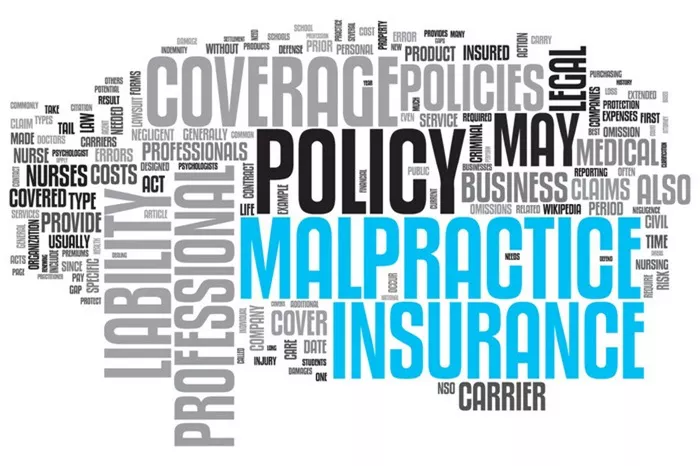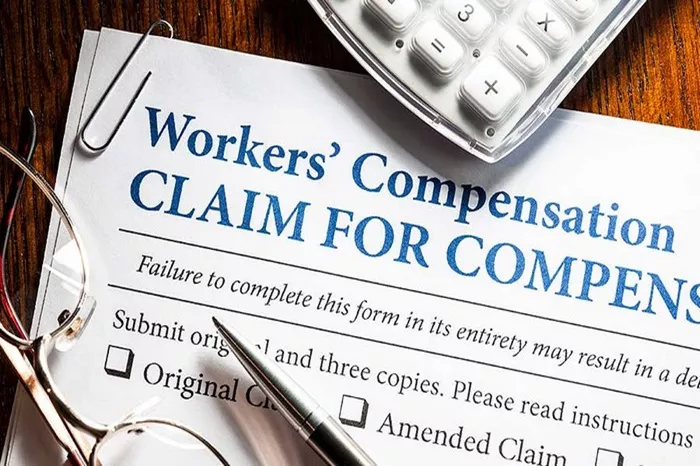Professional liability insurance for consultants is a crucial component of risk management for anyone offering expert advice or services. This type of insurance is designed to protect consultants from claims of negligence, errors, or omissions that may arise during the course of their professional duties. As consultants often provide specialized advice that can significantly impact their clients’ operations, having this insurance ensures that they are financially protected against potential legal actions.
Understanding Professional Liability Insurance
Professional liability insurance, also known as errors and omissions insurance, is specifically designed to cover consultants against claims of professional negligence. Unlike general liability insurance, which covers physical injuries and property damage, professional liability insurance addresses issues related to the quality of advice and services provided.
For consultants, this means that if a client alleges that the consultant’s advice led to financial loss or other damages, the insurance policy can cover legal defense costs, settlements, and judgments. This protection is vital because the financial implications of defending against a lawsuit can be substantial, potentially jeopardizing the consultant’s business and personal assets.
Coverage Specifics
Scope of Coverage
Professional liability insurance covers various risks associated with professional services, including:
Errors or Omissions: If a consultant makes an error in their advice or fails to provide a service as promised, leading to a client’s financial loss, this coverage helps in managing the claim.
Negligence: If a consultant is accused of failing to meet the standard of care expected in their field, this insurance can provide financial protection.
Defamation: Coverage often includes protection against claims of libel or slander related to the consultant’s work.
Exclusions
While professional liability insurance offers broad coverage, there are certain exclusions to be aware of:
Intentional Misconduct: Claims resulting from intentional or fraudulent acts are not covered.
Employment Practices: Issues related to employment practices, such as wrongful termination or harassment, are typically excluded.
Property Damage: Damage to property is generally covered by general liability insurance, not professional liability insurance.
Limits of Liability
Policies often have limits on the amount they will pay for a single claim and in total during the policy period. Consultants should carefully review these limits to ensure they align with their potential risk exposure. Higher limits may be necessary for consultants working in high-stakes industries.
Professional Liability & General Liability Insurance: What is The Difference
Professional Liability Insurance
Focuses on Professional Services: Covers errors, omissions, and negligence related to the advice and services provided.
Legal Defense: Provides coverage for legal defense costs associated with claims of professional mistakes.
General Liability Insurance
Focuses on Physical Risks: Covers bodily injury, property damage, and other physical risks.
Legal Defense: Covers legal costs related to physical damage claims.
Why Consultants Need Professional Liability Insurance
Mitigating Financial Risks
Consultants are at risk of facing legal claims due to the nature of their work, which often involves providing high-stakes advice. Professional liability insurance mitigates the financial impact of such claims, ensuring that consultants can focus on their work without the constant worry of potential lawsuits.
Maintaining Professional Reputation
A single claim can tarnish a consultant’s reputation, even if the claim is eventually dismissed. Professional liability insurance not only provides financial protection but also supports consultants in managing and resolving claims professionally, which helps maintain their reputation.
Client Requirements
Many clients require consultants to carry professional liability insurance as a condition of their contract. This requirement assures clients that the consultant is prepared to handle potential issues and that there is financial backing in place to address any problems that may arise.
How to Obtain Professional Liability Insurance
Assessing Risk Exposure
Before obtaining professional liability insurance, consultants should assess their risk exposure based on their industry, the nature of their services, and the potential impact of errors or omissions. This assessment helps in determining the appropriate coverage limits and policy details.
Selecting an Insurance Provider
Choosing the right insurance provider involves evaluating their experience with professional liability insurance for consultants, the comprehensiveness of their coverage, and their financial stability. It is advisable to consult with an insurance broker who specializes in professional liability insurance to find the best policy.
Understanding Policy Terms
Consultants should carefully review the terms and conditions of the policy, including coverage limits, exclusions, and any additional endorsements that may be available. Understanding these details ensures that the policy meets their specific needs.
See Also: Best Professional Liability Insurance for Small Business
Managing and Reducing Risks
1. Comprehensive Documentation
Maintaining thorough and accurate documentation is a foundational best practice for consultants. This includes:
Contracts and Agreements: Clearly define the scope of work, deliverables, and client expectations in contracts. Ensure that both parties have a mutual understanding of the terms and conditions.
Project Records: Keep detailed records of all client interactions, project milestones, and deliverables. This documentation serves as evidence of the work performed and the communication exchanged.
Communication Logs: Document all significant communications with clients, including emails, meeting notes, and verbal agreements. This helps in resolving disputes and proving that the consultant acted professionally.
2. Clear Communication
Effective communication is vital in preventing misunderstandings and managing client expectations. Key aspects include:
Setting Expectations: Clearly communicate what is included in the scope of work and what is not. Ensure that clients understand the limitations and potential outcomes of the services provided.
Regular Updates: Provide regular updates on the progress of the project. This keeps clients informed and helps in addressing any concerns promptly.
Feedback Mechanisms: Establish channels for clients to provide feedback and voice concerns. Addressing feedback promptly can prevent issues from escalating into formal claims.
3. Adherence to Industry Standards
Consultants should adhere to industry standards and best practices to ensure high-quality service delivery. This includes:
Continuous Learning: Stay updated with the latest developments, standards, and best practices in your industry. Continuous professional development enhances your skills and knowledge, reducing the likelihood of errors.
Certifications and Qualifications: Obtain relevant certifications and qualifications that demonstrate expertise and adherence to industry standards. These credentials can enhance credibility and reduce the risk of claims.
4. Risk Assessment and Management
Regular risk assessments help identify potential vulnerabilities and address them proactively. Key steps include:
Identify Risks: Evaluate the types of risks associated with your services. This includes assessing potential errors, omissions, and the impact of your advice on clients.
Mitigation Strategies: Develop strategies to mitigate identified risks. This could involve implementing quality control measures, enhancing training, or revising procedures.
Regular Reviews: Conduct regular reviews of your risk management practices and make adjustments as needed. This ensures that your strategies remain effective and relevant.
Conclusion
Professional liability insurance for consultants is a critical component of a consultant’s risk management strategy. It provides essential protection against claims of negligence, errors, or omissions, ensuring that consultants can operate with confidence and focus on delivering high-quality services to their clients. By understanding the specifics of coverage, the differences between professional and general liability insurance, and the process of obtaining and managing the insurance, consultants can effectively safeguard their business and maintain their professional reputation.






















